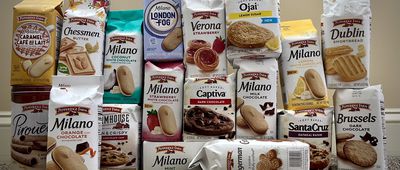Certain Fruits Really Don't Need That Fridge Time
It's surprisingly not as intuitive as you might think to know which fruits you should and shouldn't store in your fridge. It’s natural to automatically want to toss it all in your fridge. The last thing you’d want is for them to go to waste because they were left out for too long. After all, there are some foods that you definitely want to store in the fridge.
However, certain fruits spoil more quickly or lose their quality in the refrigerator’s colder environment. We’ll take a look at the fruits you shouldn’t ever store in your fridge.



















